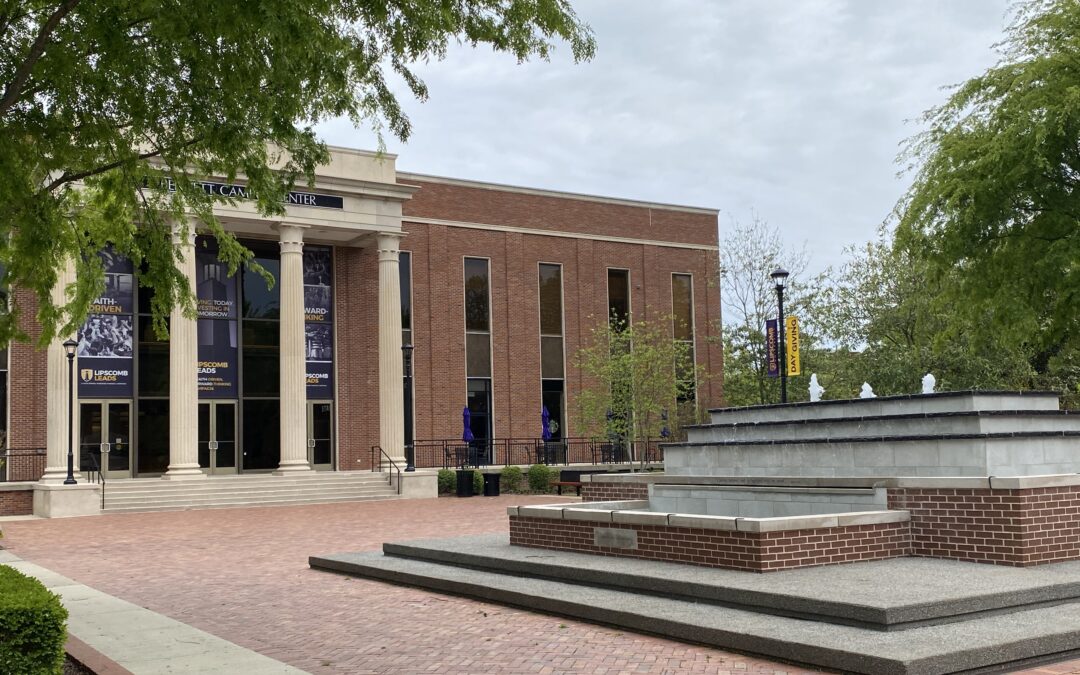Lipscomb President Randy Lowry said he “was a little bit surprised” by the interest in the summer class “Surviving and Thriving in Uncertain Times.”
“We had about 200 students who took the course,” said Lowry about the new class he, with the aid of nine faculty members, taught online to incoming freshmen.
Of course, due to the pandemic, the class was offered online and free of charge. The students gathered virtually to listen to the speaker, ask questions, engage in small-group discussions and take part in other activities.
Lowry said the course, offered July 6-17, filled a need that he thought must exist.
Knowing most of these freshmen have not had classes since around March when schools and universities nationwide shut down due to the pandemic, Lowry correctly predicted that some incoming freshmen might be anxious to get tastes of the Lipscomb educational experience.
“I just had an idea that our incoming freshmen … must be bored and must want to get started,” said Lowry.
The class was structured so that for the first part of the day students would have two 15- to 20-minute mini-lectures — or, as Lowry described them, “TED Talks” — from either himself or from another one of Lipscomb’s educators. A 15-minute video created by the College of Entertainment & the Arts was inserted into the programming for a change of pace.
After the presentations from the faculty, there would be a live chat that allowed students to ask questions. Lowry described the Q&A sessions as very popular and said there were more than 100 questions.
He said the students seemed “to be absolutely loving, getting together with 11 other students and a faculty member.”
While acknowledging that virtual classes lack elements of traditional classroom education, he said he believes that “other things happen when we do something [virtually].”
“One of the studies would suggest that at times people are far more candid online than they are in person,” said Lowry.
Lowry said he learned from discussions with the other professors that many of them believed that students were more willing to speak more openly in a virtual format.
“In the afternoon [the students] would have a small group with another faculty member,” said Lowry. For roughly an hour, they had time to get to know other freshmen while going over the information that had been covered that day.
The main focus of the class is resilience. “In a sense, it’s a course that is a college course, but it really is a life course,” he said.
Lowry said that the class was “extraordinarily well-received” and that he’d like to offer the class again next summer, with hopes that returning students also may be involved.
Additional reporting done by Mckenzi Harris.
Photo courtesy of Mckenzi Harris.

